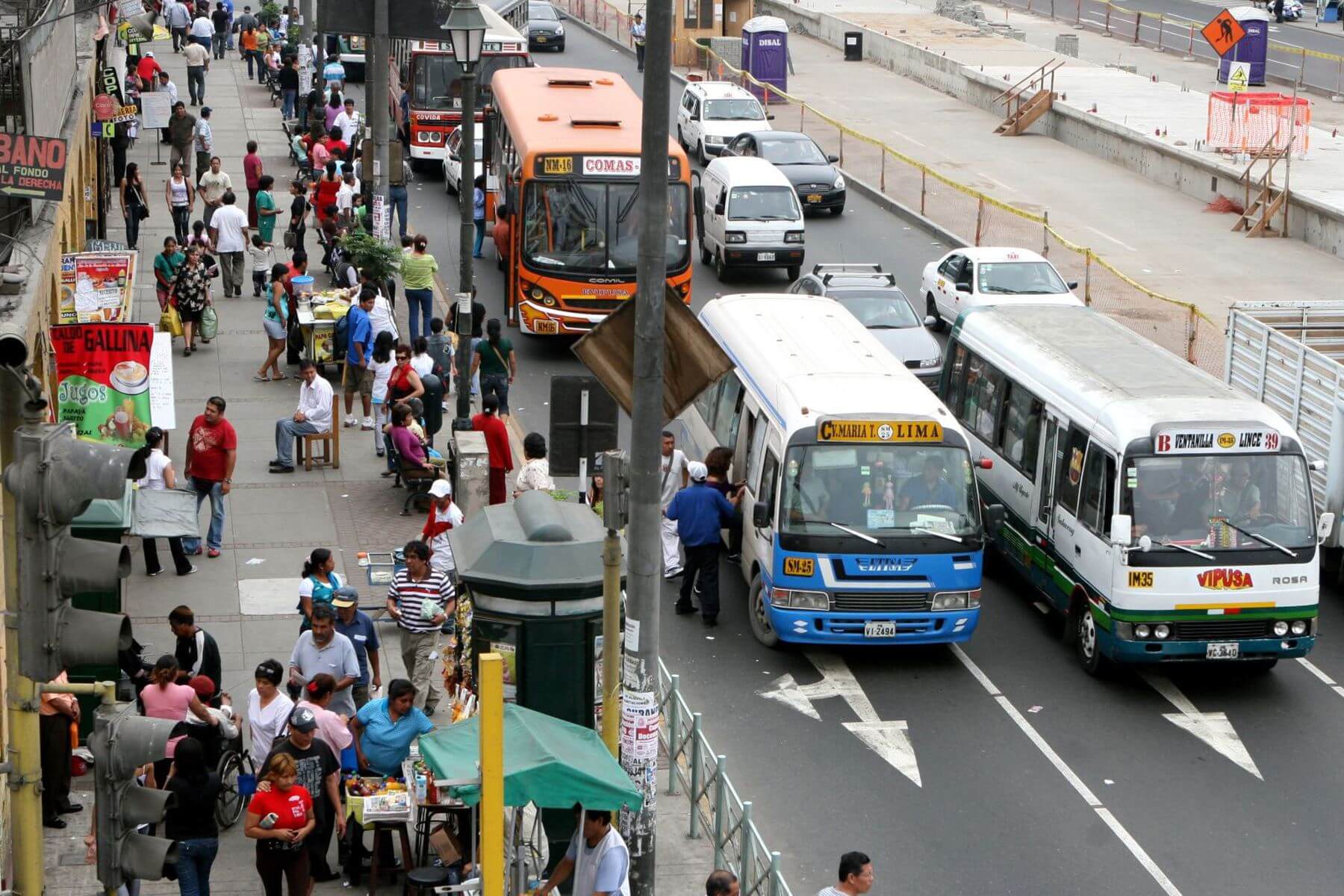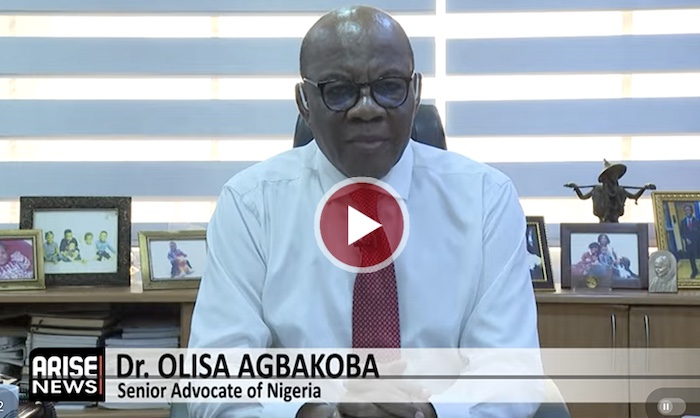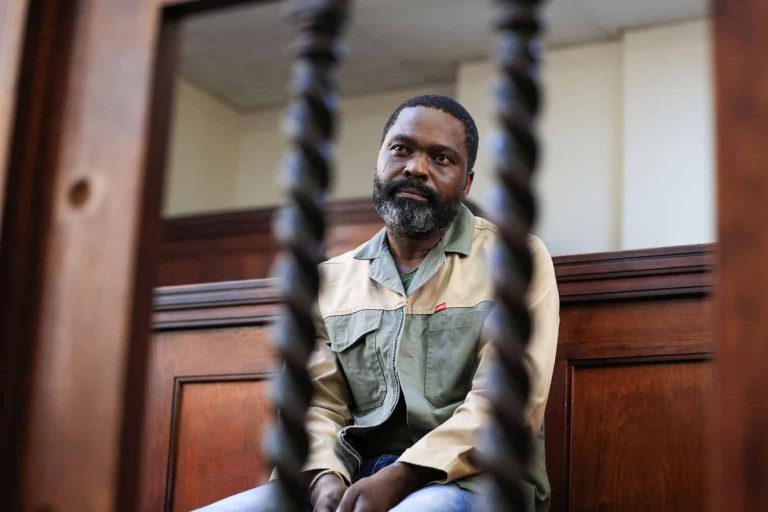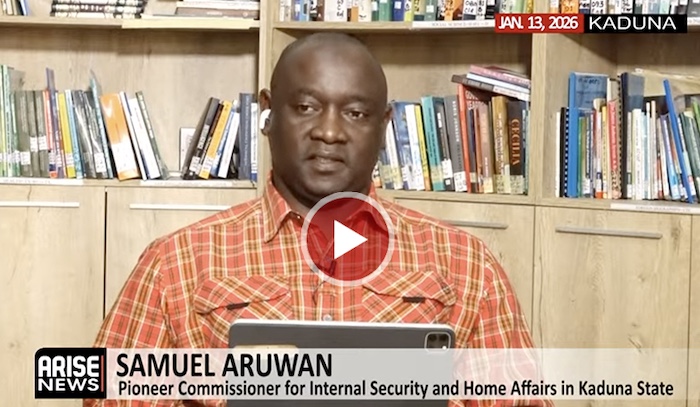
Hundreds of bus drivers in Lima have suspended their strike after the Peruvian government agreed to open talks on the rising wave of extortion and violence that has claimed the lives of at least 47 drivers this year.
The 24-hour strike, which brought parts of the capital to a standstill, was called after a driver was shot dead and another wounded over the weekend — the latest in a string of attacks linked to organized criminal groups targeting the transport sector.
Protesters blocked major roads, including sections of the Pan-American Highway, setting up barricades and burning tires as police deployed in large numbers to maintain order. Schools and universities suspended classes, while several businesses shut their doors in fear of unrest.
“We don’t feel protected — too many drivers have been killed because of extortion. We need real action,” said Juan Carlos Pineda, a 42-year-old bus driver. “Every day I go to work wondering if I’ll make it home alive.”
Following emergency talks with Prime Minister Eduardo Arana, transport union leaders agreed late Monday to call off the strike in exchange for formal negotiations with the government.
“The government is committed to tackling this social scourge,” Arana told reporters after the meeting.
According to the National Police, Peru recorded more than 18,000 reports of extortion between January and August — a surge authorities link to criminal gangs expanding their influence beyond the country’s mining regions into urban centers like Lima and Callao.
The main transport union, Anitra, representing 460 companies, says the extortionists demand payments of up to 50,000 soles ($14,400) per month from operators — threatening or shooting at vehicles, sometimes with passengers onboard, when their demands are not met.
“We’ve been forced to protest to defend our lives,” said Martin Valeriano, president of Anitra. “The government has been indifferent while drivers are being murdered.”
President Dina Boluarte, whose administration is facing growing discontent, has ordered the military to assist police in confronting the gangs, vowing to restore order.
As negotiations begin, the bus drivers’ unions say they hope the government’s promises will translate into tangible protection and justice — not just more words amid the bloodshed.



